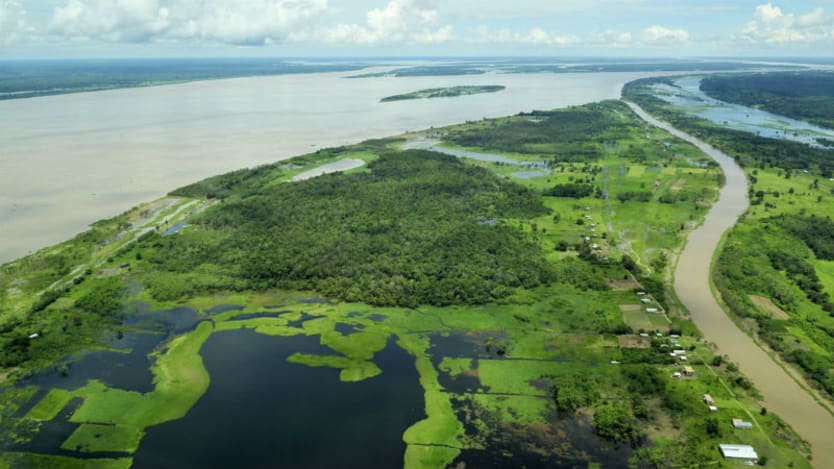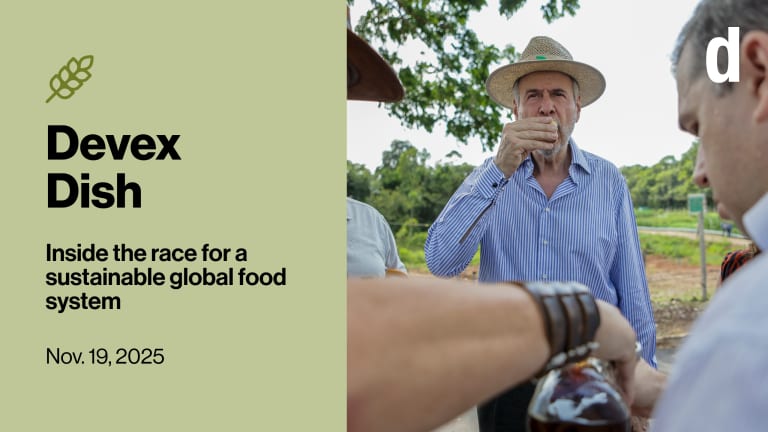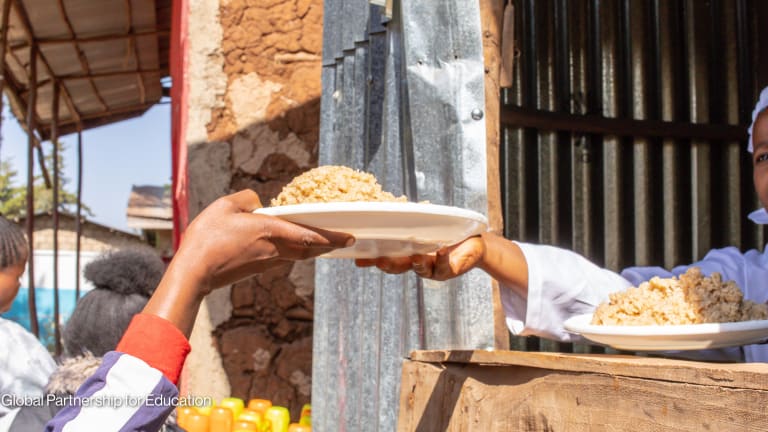
Recently, Unilever made an announcement that can be considered unprecedented. It decided to open to the public its data about where it sources palm oil, an ingredient used in many of its food and personal care products.
Unilever said the step aims to improve transparency of its supply chain, and by doing so, could help transform the palm oil industry. The palm oil sector has been the subject of sharp criticisms, partly due to its strong link to deforestation in developing countries, such as Indonesia and Malaysia.
Unilever’s decision follows a trend among hundreds of corporations. In recent years, these companies have pledged to achieve deforestation-free supply chains as a way to reduce carbon emissions and loss of biodiversity.
See more related topics:
► Are businesses really cutting deforestation from their supply chains?
► 5 ways forests contribute to development beyond climate change
Pledges from some of those companies come under initiatives such as the Tropical Forest Alliance 2020. The mission of this global public-private partnership is to stop deforestation and lower carbon emissions in the tropics linked to the production of palm oil, soy, beef, and other globally traded commodities.
That supply chain approach is laudable. We believe, however, that we need to do more to reach zero deforestation and low-carbon development.
The approach assumes that the production of commodities drives deforestation. As such, making adjustments to the value chain can theoretically reduce forest loss. It can certainly contribute to reduced forest loss in countries such as Brazil, Indonesia or Malaysia, where globally traded commodities are the main drivers of deforestation and thus starting a “name and shame” campaign would be easier.
It’s a different story in others. Take the case of Colombia as an example.
Colombia has a lofty target of net zero deforestation by 2020. In November, it forged a partnership with TFA 2020 to “protect over 60 million hectares of Amazon rainforest within its borders from commodity-driven deforestation.”
But what causes deforestation in the Colombian forest is not necessarily driven by globally traded commodities. Most Amazonian products in Colombia are sold on the national market, which remains highly price sensitive and not yet as interested in deforestation reduction or sustainability as a purchasing criterion.
Studies suggest that deforestation is due to a complex mix of factors. In some areas, cattle ranching may appear to be the cause. In reality, this is a way to claim ownership of the land, which “owners” intend to sell and thus profit from when the opportunity arises.
The supply chain approach also assumes that companies will not only commit but actually take ambitious actions to reduce deforestation. This is a big question mark.
Companies are first and foremost driven by their bottom lines. If it will mean profit, they will take action. If not, they may commit to taking steps but not bold enough to make a difference.
Companies may take action, but there’s the question of whether these contribute to stopping deforestation. There’s currently no mechanism to monitor and measure that contribution.
The supply chain approach likewise relies on efforts by companies. But combating deforestation requires government involvement, such as establishing policies, institutions, infrastructure, and incentives that will facilitate those efforts.
This is particularly true for Colombia. The country has just emerged from a 52-year armed conflict. The Colombian Amazon jungle hosts most conflict-affected areas, where public services and infrastructure remain lacking.
In addition, in many regions in Colombia, agricultural value chains remain informal. For instance, a number of companies that process milk do not pay taxes, and therefore monitoring whether or not they follow sustainable manufacturing practices would be a challenge.
Achieving zero deforestation and low-carbon development, as such, means going beyond transforming supply chains. Colombia actually has a strategy that incorporates this approach and REDD+, which covers both policies and incentives to lower emissions from deforestation and forest degradation.
What we’re proposing is a broader approach to zero deforestation and low-carbon development. This involves promoting sustainable agricultural practices, improving land use policies, and developing a sustainable food system.
Sustainable food systems aim to create environment-friendly supply chains; support value chain actors to meet product quality, safety, and environmental standards; provide incentives that can lead to lower carbon emissions within the food system from production to food waste disposal; and promote responsible food consumption, among other features.
Even with concerted efforts by companies, government, and more, deforestation will continue to happen if the consumption of forest-risk commodities remains at the same level. To meet the demand, the same companies may opt to import those commodities, thus exacerbating deforestation across territories.
Deforestation will also continue if there is a lack of extension services that support efforts to deter agricultural expansion as well as curb practices and inputs that increase carbon emissions.
Although transforming supply chains has its advantages, it is not the magic pill to achieving zero deforestation and low-carbon development. We need to first understand the underlying causes of deforestation to determine the right incentives and conditions to get to that target. We need the government and other value chain actors to build the enabling environment to create those conditions. And we need a comprehensive approach that marries food supply and consumption with improved land use policies and management practices to create sustainable food systems.











